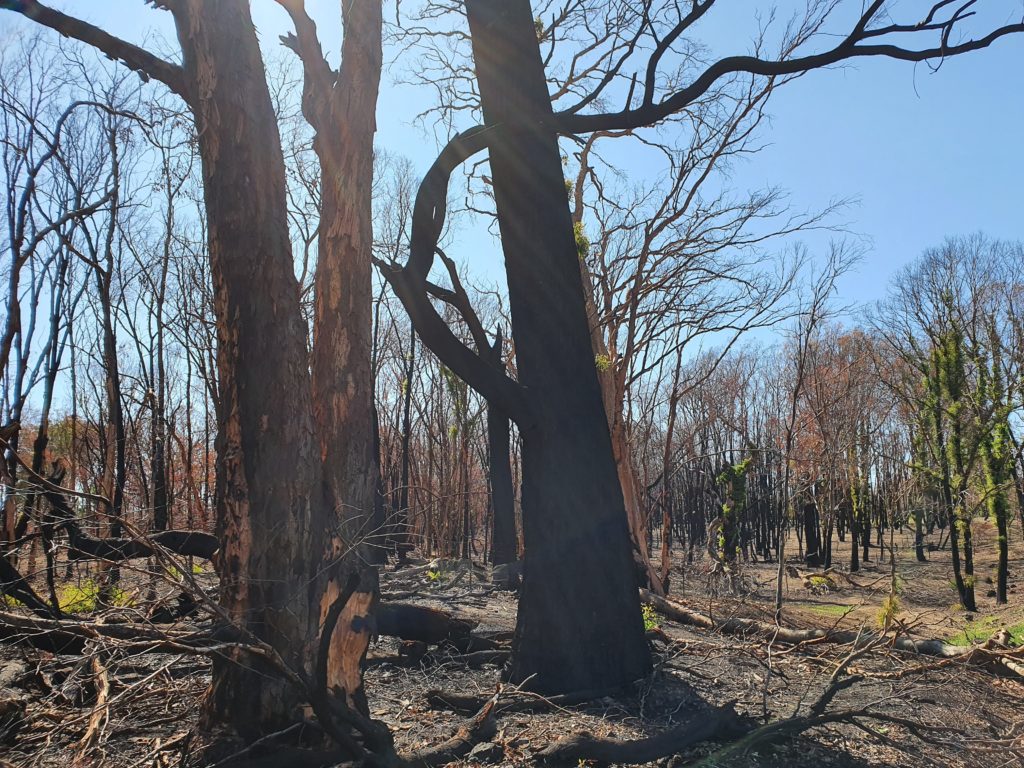Insights: 18 October 2020
Each quarter, we ask FRRR’s staff to share some of their observations from speaking with community leaders across the country, and reviewing grant applications. Below are a few comments from looking back on the first quarter of FY21.
It’s a universal truth that communities that have strong local leadership are best placed to thrive. However, offering support for particular elements or activities perceived to be needed can create a deficit inference and shame. A recent comment caused the team to pause and reflect: “Conversations about capacity are complex because people can feel shame about not having capacity.”
It’s a good reminder, as often offering funding for a particular activity can infer a judgement. It can imply that ‘it’ is absent or ‘not up to scratch’ in that community or not-for-profit organisation. At FRRR, we take a strengths based approach to granting. Language and wording matters and we are grateful to have such honest conversations with our community partners.
ANOTHER strong theme that continues to come through is the extent of the impacts of the summer bushfires, and the impact of COVID-19 on recovery. For example, in a recent application one community leader wrote: “The conversations revolved around the effect of running on adrenalin for the months before and after Christmas and the feeling of emptiness that followed. There was no time to come together before the community was once again under threat. The fires had denuded the landscape and when the rains came, many roads and properties were further affected by mudslides. The cleaning up started again. The normal community celebrations were delayed or cancelled as COVID-19 forced individual distancing. Somehow there needs to be a way of marking closure for this community, most of whom were volunteers in one capacity or another.”
COVID-19 and the ongoing drought are also affecting community groups’ fundraising capacity. For example, the Texas Kindergarten told us, “Annually we raise approximately $25,000 a year to help keep the Kindergarten open, pay staff, pay day to day expenses and purchase resources. Due to the ongoing effects of the drought individuals and businesses in our region are still really battling. It has become more and more difficult for our strong and resilient little community to help the Kindergarten financially. Now with COVID-19 we are unable to do any fundraising at all which will reduce our income this year dramatically. ”
Volunteer fatigue and decline is also becoming more apparent in various communities. For example, as Dirranbandi Arts Council, in Queensland’s far south west, explained “Our precinct has three separate buildings, which we wish to have open on a more regular basis for our whole community and travellers to access. But this is impossible as we just do not have the numbers. We have tried in the past to open just one of the buildings with the help of volunteers but this has become increasingly difficult as our volunteer base diminishes and those available age.” This presents new challenges and communities need to find new ways to engage volunteers, or source funds to pay for this service.
In other communities though, young people are stepping up and taking the reins. FRRR recently helped facilitate this blog from young community leader, Sam Kane, in which he tells the story about how he and some colleagues stepped up to get a pool in their community, and what they’ve gone on to do.
However, in the medium to longer-term, it’s likely that COVID-19 will have benefits for remote, rural and regional Australia. There are strong signs of population movement toward regional centres, as reflected by the Regional Australia Institute’s recent work on regionalisation. International travel restrictions too mean that more Australians will holiday at home. This is good news for regional communities, but it will also be critical for rural areas to be ready to take advantage of both relocation to the regions and tourism. Regional tourist attractions, remote working opportunities, community connectedness, and cultural vibrancy are competitive advantages that smaller rural areas can harness, however, foundational infrastructure and services are needed to retain and build momentum. Unfortunately, there is significant long-term underinvestment in community assets and local services which improve liveability and quality of life, increase attractiveness and competitiveness, and foster innovation and revitalisation. This is why areas such as community halls, childcare services, aged care services and youth engagement activities are just some areas that FRRR seeks to fund across many programs and regions. We need more funds that are broad and will have multiple flow-on effects in communities.
As the population in regional areas grows, there is more focus on issues relating to public transport. For example, Carroll is a small village within the Upper Namoi Cotton Growers Area. There is no bus service in the area and the residents are 20 km from services in the next town of Gunnedah. A local committee raised money to buy the bus, purely from local community fundraising and very generous support of many local businesses in Gunnedah and Tamworth. However, not all communities are able to do this, and we are seeing more and more requests to support this kind of service.
If you would like to know more, contact FRRR.


